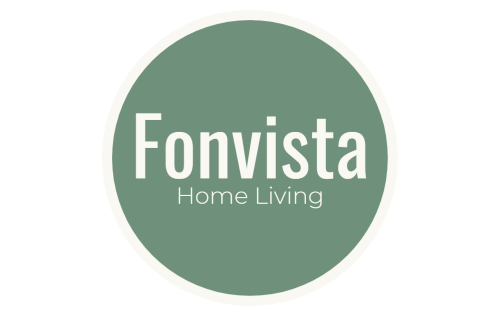Introduction
Your home is a haven, but it can also be a breeding ground for germs and bacteria. It’s important to keep your home clean and sanitized to prevent the spread of illness. But where should you start? In this article, we’ll explore the dirtiest places in your house and provide tips on how to keep them clean.
The Kitchen Sink
The kitchen sink is one of the most frequently used items in your home, and it can also be one of the dirtiest. Bacteria from raw meat, food scraps, and dirty dishes can all accumulate in your sink, leading to a buildup of germs. To keep your kitchen sink clean, wash it with soap and hot water after each use. You can also use a solution of equal parts water and vinegar to kill germs and freshen up the sink.
The Cutting Board
The cutting board is another kitchen item that requires regular cleaning. Bacteria from raw meat can transfer to the cutting board, making it a potential health hazard. To clean your cutting board, use a solution of one part vinegar to three parts water and scrub the surface with a brush. You can also use lemon juice and salt for extra sanitizing power.
The Bathroom
The bathroom is one of the dirtiest places in your home, with germs lurking on every surface. To keep your bathroom clean, start by wiping down the sink, toilet, and tub with a solution of equal parts water and vinegar. You can also use a disinfecting spray to kill germs on surfaces like the doorknobs and light switches. Don’t forget to clean the toothbrush holder, as this is a common spot for germs to accumulate.
The Bedroom
You may not think of your bedroom as a dirty place, but it can harbor dust mites, bed bugs, and other pests. To keep your bedroom clean, wash your sheets and pillowcases once a week in hot water. Vacuum the floor regularly, and use a vacuum cleaner with a HEPA filter to capture dust and allergens. If you have pets, groom them regularly to minimize the amount of pet hair and dander in your bedroom.
Conclusion
By following these tips, you can help keep the dirtiest places in your home clean and sanitary. Regular cleaning and disinfecting can reduce the risk of illness and help create a healthier living environment for you and your family.
The Carpet and Rugs
Carpets and rugs can be a trap for dirt, dust, and allergens. Vacuuming regularly can help remove surface dirt, but deep cleaning is also important. Consider hiring a professional carpet cleaner to deep clean your carpets and rugs once or twice a year. In between cleanings, use a vacuum cleaner with a HEPA filter to capture as much dirt and allergens as possible.
The Coffee Maker
Your coffee maker may seem like a small item, but it can harbor a surprising amount of bacteria and mold. To keep your coffee maker clean, run a solution of one part vinegar to three parts water through the machine once a week. This will help remove any buildup of minerals or other contaminants that can affect the taste of your coffee. Don’t forget to also clean the carafe, as this is a common spot for mold to grow.
The Dish Towels
Dish towels can be a breeding ground for bacteria, especially if they are not washed regularly. To keep your dish towels clean, wash them in hot water after each use. If you use a dish towel to clean up spills or wipe down counters, consider using a separate towel for each task to minimize the spread of germs.
The Remote Controls
Remote controls are another item that can harbor germs, especially in households with multiple people. To keep your remote controls clean, wipe them down with a disinfecting wipe or a solution of equal parts water and vinegar. You can also use a microfiber cloth, as these are gentle on electronics and can pick up dirt and grime effectively.
The Pet’s Toys and Bedding
Pets can bring a lot of joy to your home, but they can also bring in dirt and germs. To keep your pet’s toys and bedding clean, wash them regularly in hot water. If your pet has a favorite toy or blanket, consider having a backup that you can switch out when the original needs to be washed.
In conclusion, keeping your home clean and sanitary requires attention to detail and regular cleaning. By focusing on the dirtiest places in your home, you can reduce the risk of illness and create a healthier living environment for you and your family.




